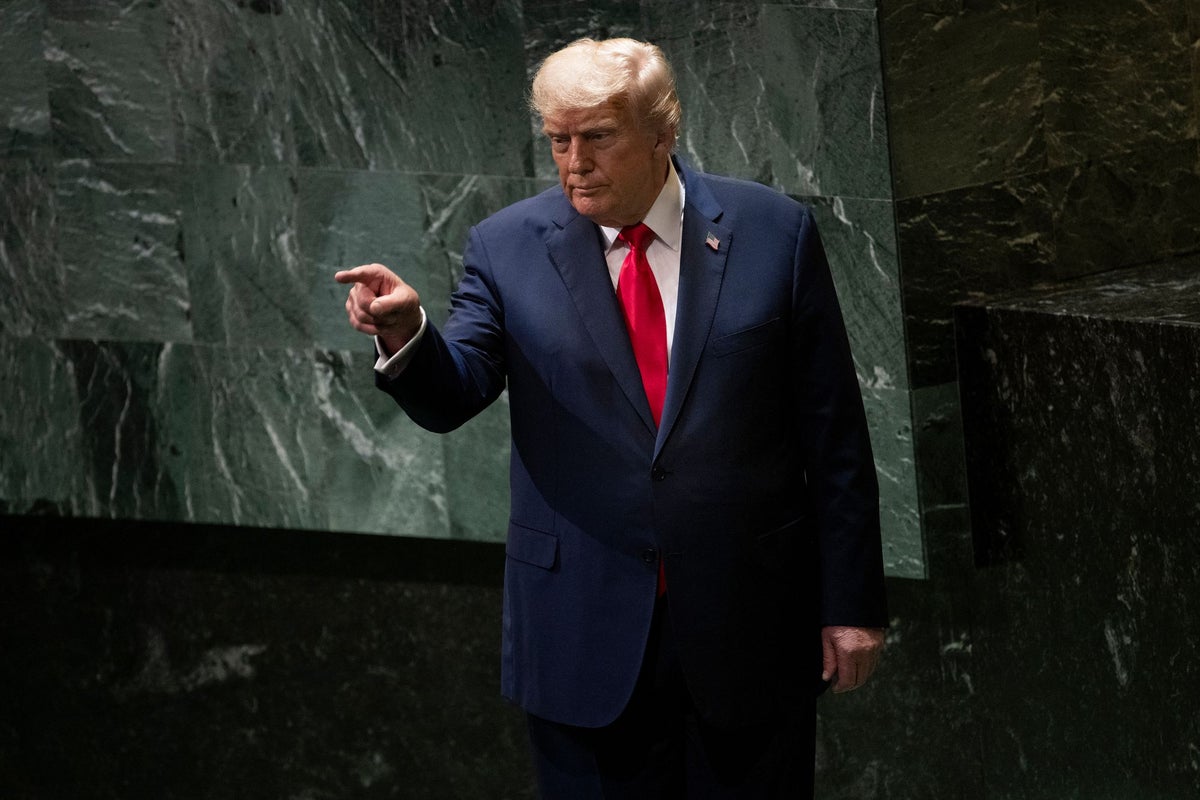
“Declining respect for human rights” and a retreat from multilateralism are putting hard-won gains in global development at risk, a senior UN figure has warned.
In comments made at a high-level meeting in Geneva, Nada Al-Nashif, UN deputy high commissioner for human rights, said that warfare, resurgent climate skepticism, cuts to overseas aid and a retrenchment from values of Diversity, Equity, and Inclusion (DEI) are all putting global progress at risk.
“In recent decades, our world has advanced in extraordinary ways – becoming safer, fairer, more inclusive, and more prosperous. Human rights are at the heart of this progress,” she said. “Yet today, declining respect for human rights and multilateralism are threatening these very hard-won development gains.”
“The results speak for themselves: poverty reduction has stalled,” Ms Al-Nashif said, repeating a warning from the World Bank about “a lost decade for development”.
Ms Al-Nashif also cited conflicts that are “causing appalling suffering”, and which are ignoring the rules of war by “targeting civilians and critical infrastructure”. The comments come amid conflicts in both Gaza and Ukraine.
Ms Al-Nashif also criticised the “pushbacks on climate action, on civic participation, on diversity, and equality” that is taking place – “even in countries that once championed them”.
The US has seen a significant about-turn in these areas in 2025, with President Donald Trump announcing his intention to pull his country out from key climate treaty, the Paris Agreement, targeting DEI initiatives in the public sector, and deploying troops to a number of Democrat-run cities on questionable grounds.
Ms Al-Nashif also warned of the “crushing levels of debt” faced by countries as well as the big drop in overseas aid faced by the world’s least developed countries.
Ms Al-Nashif was speaking at a session of the Expert Mechanism on the Right to Development in Geneva, which is a body that meets to discuss best global practices in the pursuit of the “Right to Development”: a human right adopted by the UN in 1986, that recognises every human being’s right for constant improvement in their well-being.
Despite her grime assessment, Ms Al-Nashif said there is still a path forward. She noted, for example, how a clear majority of leaders at the UN General Assembly (UNGA) in September showed support for human rights, for multilateralism, and for international law. “They called for a return to the values of the UN Charter, and for revitalized cooperation anchored in global solidarity,” she said.
This year’s UNGA also saw President Trump provide blistering attack on everything from migration to those pushing the climate agenda, telling countries including close ally the UK: “You’re all going to hell”.
This article has been produced as part of The Independent’s Rethinking Global Aid project
